How COVID-19 might affect you and your baby
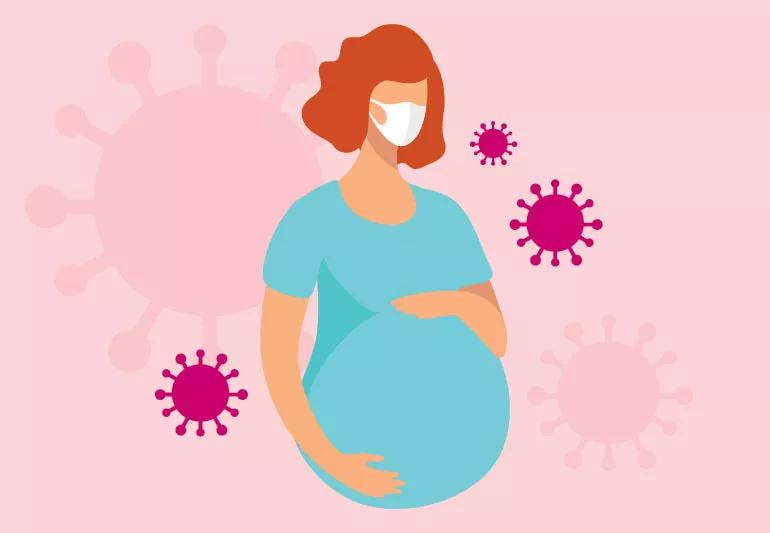
The COVID-19 pandemic has everyone on edge (and then some). If you’re pregnant, you no doubt have questions about whether the coronavirus poses a risk to you and your developing baby.
Cleveland Clinic is a non-profit academic medical center. Advertising on our site helps support our mission. We do not endorse non-Cleveland Clinic products or services. Policy
The answer to that is complicated and still being discovered as medical experts learn more about how the disease affects those who are pregnant and developing their babies.
“COVID-19 is an evolving pandemic, and we’re still learning about its effect on pregnant people and infants,” says Ob/Gyn Oluwatosin Goje, MD. But recent studies show that pregnant people who get symptomatic COVID-19 are at increased risk for getting very sick with the disease.
It’s important to know, though, that your overall risk of complications from COVID-19 is low – and that you can take precautions to reduce your risk of being exposed to the virus.
The culprit behind COVID-19 is a virus named SARS-CoV-2. This new virus is closely related to the SARS-CoV-1 virus (which caused the severe acute respiratory syndrome outbreak in 2002). It’s also a cousin of MERS-CoV (which causes Middle East respiratory syndrome). There’s no evidence that either of those diseases can be passed from mother to fetus during the pregnancy, Dr. Goje notes.
Several studies published since the start of the pandemic have helped shed some light on COVID-19’s impacts on pregnant people. The most recent, a report published by the Centers for Disease Control and Prevention, looked at more than 30,000 pregnant people in the U.S. who had confirmed cases of COVID-19.
The analysis found that people who had COVID-19 and were pregnant were more likely than those who weren’t pregnant to be admitted to an intensive care unit and placed on a ventilator. The risk was highest for pregnant people over age 35.
“Those who are pregnant have increased risk of complications in part due to changes in their respiratory and immune systems during pregnancy,” Dr. Goje says.
While that can seem scary to hear, know that the risk of those complications is still quite low. In the study, 1% of pregnant people with symptomatic COVID-19 were admitted to the ICU, and less than 0.2% of them died.
Most people – including pregnant people – who get COVID-19 experience mild or no symptoms. In a separate study of 594 pregnant people with COVID-19, it took an average of 37 days for their symptoms to go away. One in 4 pregnant people had symptoms that lasted eight weeks or longer.
Doctors still aren’t sure how the disease might affect pregnant people and developing babies earlier in pregnancy, during the first trimester.
High fevers in early pregnancy can increase the risk of some birth defects, Dr. Goje notes. That’s something doctors and researchers will need to watch closely as COVID-19 unfolds. “Little is known right now about the impact of COVID-19 in the first trimester,” she says.
In studies, pregnant people with COVID-19 seem most likely to be hospitalized during their third trimester.
A recent report published by the CDC analyzed data about 3,912 infants born to people infected with the coronavirus. The report showed that preterm birth rates among pregnant people with symptomatic COVID-19 were higher than the national average (about 12.9% versus 10.2%). Some newborns also tested positive for COVID-19 in the first week of life, although most did not show any symptoms.
“More information is needed as COVID-19 is an evolving pandemic,” Dr. Goje says. “It is very important that pregnant people do not develop fatigue or apathy about protecting themselves from COVID-19.”
While there’s still a lot we don’t know about this disease, we do know actions we can take to avoid it. Dr. Goje recommends these precautions for pregnant people:
It’s an uncertain time, and it’s normal to feel stressed. But there are steps you can take to help keep your stress and anxiety under control. Now’s a good time to lean on your tribe for support. (Just do the leaning mostly via text and phone, social-distancing style.) Consider acquiring a new skill or hobby at home.
Remember, too, that medical teams have been preparing. They have lots of experience treating pregnant people who have the flu and other respiratory viruses, including SARS-CoV-1 and MERS-CoV, Dr. Goje points out. And hospitals have systems for dealing with respiratory disease.
“Knowledge gained from past epidemics helps us understand and manage viral infections in pregnancy,” Dr. Goje says. “We have plans in place for managing pregnant people with symptoms of COVID-19 and to reduce exposure of newborns to the disease.”
Learn more about our editorial process.
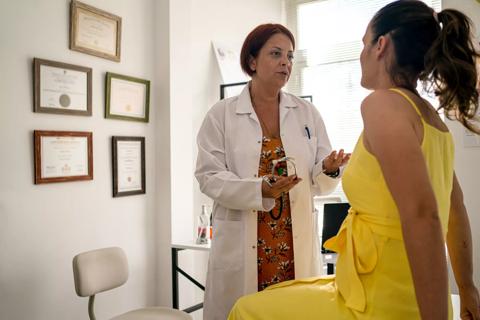
Staying up-to-date on vaccines encourages a healthy pregnancy, but not all vaccines are recommended when you’re pregnant
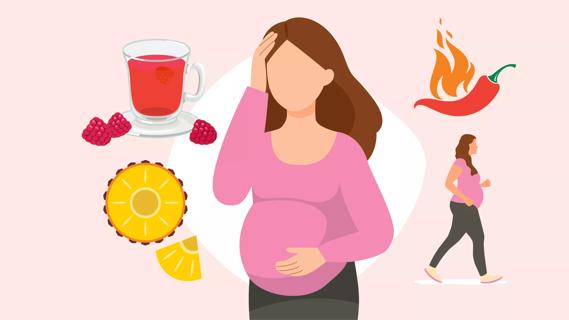
Science says only one way actually works, but there are a few others that are still safe to try

When a growing fetus puts pressure on your abdomen, your belly button may pop out or even flatten
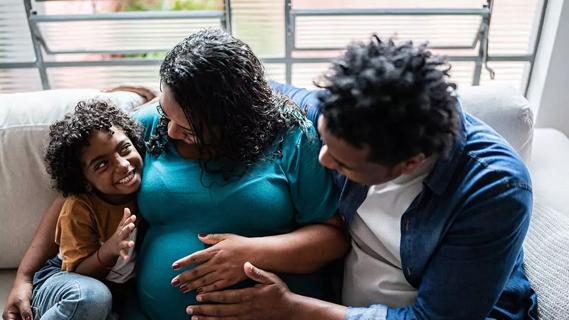
Talk with them about their new sibling early and often
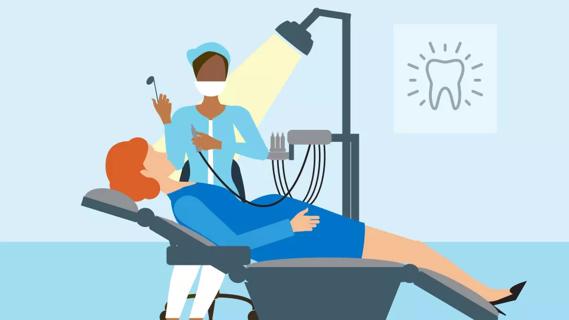
Dental care is not only safe during pregnancy, but it’s also highly recommended
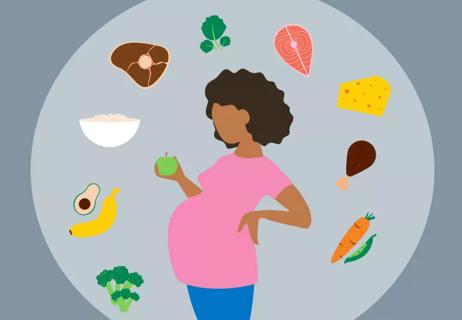
A healthy pregnancy diet includes good amounts of folic acid, DHA, calcium and more
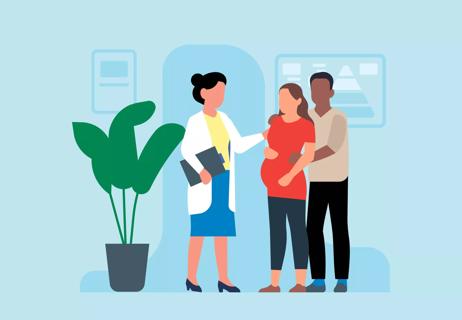
If left untreated, you risk complications, early labor and passing the infection to your baby
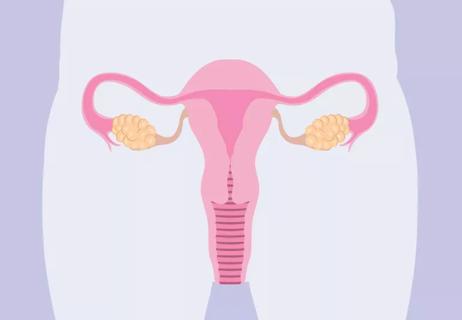
Lifestyle changes, like a healthy diet and exercise, can help with fertility issues

Your metabolism may torch 1,300 to 2,000 calories daily with no activity

A gentle touch in all the right places may help drain your sinuses